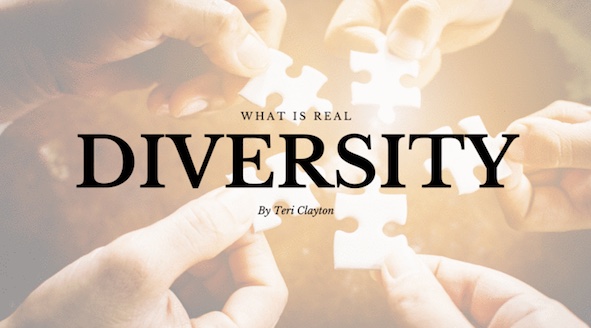
Copied with the permission of Teri Clayton of Biome Box
Diversity
What, Why, How?
Our key message with the biome Box is centered around enhancing biodiversity, so you’ll find us talking about it a lot. When we say biodiversity we are referring to the diversity of biological life.
This all sounds simple but let’s attempt to go a little deeper, in order to truly understand diversity and why it’s so important for nature.
What do we mean by diversity?
Diversity is about many different forms of something, that could be many different species of animal, but it also encompasses more nuanced differences.It could refer to the variety of ways each individual species expresses itself behaviorally in different habitats or environmental conditions. An organism can express itself in many different ways depending on the situation it finds itself in. For example a bumblebee will behave one way as it lands on a flower and in an entirely different way when it lands on the ground to return to its nest. The variety of conditions within the environment govern the variety or diversity of behaviors that can be expressed. In general the more diverse the environment, the more varied an organisms behavior becomes. A pig in a factory farm will exhibit far less diversity of expression than a pig living free range in woodland.
In humans we can experience diversity in many different ways too, from physical appearances and the way we respond emotionally in different circumstances, to the thoughts and opinions we have and what unique gifts and talents we innately possess or develop.
So by diversity, we mean lots of variety, or lots of different types of physical forms, responses, behaviors, thoughts, relationships and much more besides.
When we talk about bio-diversity, we don’t simply mean lots of different species in nature, but also diversity in how life expresses and interacts.
Why do we consider diversity to be so important?
Conditions on Earth are very challenging and without the diversity in nature, exposure to the basic elements would be deadly and torturous for many life forms. Think about the extremes of floods alternating with droughts, freezing winds and no shelter, or endless sunshine and no shade. The less diverse life on earth gets, the less nature is able to buffer the extremes created by exposure to the raw elements. Nature helps to balance the water cycle, it shelters species from formidable winds and brings welcome relief from the intensity of the sun and shelter from the cold. The greater the diversity of nature there is, the more protection and shelter life on earth is afforded.
Its not just protection from the elements that diversity of life offers.
Diversity can also help organisms live in greater harmony and balance with one another, leading to stable systems that can maintain homeostasis more easily.
Take a forest as an example, lots of organisms will compete with each other for resources, some will collaborate and enhance one anothers access to more resources, some will kill each other and others will help propagate other species. In this diverse array of species, behaviours, interactions and responses to the environment, a harmony of sorts emerges. It is very difficult in such a diverse system for any one type of organism to get out of hand and create imbalance, because the other organisms will soon bring it back into line.
Thus diversity is essential for creating greater stability and balance, which enables life on earth to thrive. Whenever diversity on earth is reduced, then all life suffers as a result. We see this in once fertile areas that have since turned to desert, causing the death of many organisms and the displacement of those who are able to move on.
Have a look at this video which shows how different species can interact to create better conditions for everyone.
One of the lesser spoken about benefits of diversity is that it improves the mobilisation of nutrients within an ecosystem. If we look at plants as an example, they exist as part of a visible ecosystem above ground and the invisible ecosystem below ground. The diversity of life below ground is absolutely crucial to the health of the plants.
Let’s explore some of this hidden world!
Worms draw down organic matter, like fallen leaves into the deeper layers of the soil, providing food for other members of the food chain and fertilising the soil to feed the plants.
Plant roots exude sugary sap to feed organisms like mycorrhizal fungi, who in exchange bring bioavailable nutrients from different parts of the soil directly to the plant roots and also even help plants transfer messages between themselves!
Thus the more diverse a system is, the more connected it is and the more able individual organisms are to access the nutrients they need in order to thrive. A diverse connected ecosystem, creates well nourished organisms.
So now we know that diversity is important – let’s explore how we can enhance it.
How can we enhance diversity?
Diversity naturally increases as organisms evolve together.
The best way to enhance diversity is to minimise the disruption of natural evolution, whilst ensuring that we interact with nature in a balanced way.
Every time external influences remove species, or affect the balance of ecosystems, evolution of greater harmony and complexity is inhibited, leading to over population of some organisms and the extinction of others. These external influences could be man made, or they could be the result of some natural disaster. We are said to be in the sixth mass extinction on planet earth, as a direct result of human influence. This is leading to the explosion in numbers of certain organisms to the detriment of others and a collapse in our planets ecology.
We now urgently need to repair the damage we have caused, helping nature recover through enhancing biodiversity. Restoring native species to their rightful places as much as possible and allowing natural ecosystem functions to re-establish themselves, such that nature can create greater balance and harmony.
There are a few things we can do to support natural recovery in this way, but we also must be mindful that WE are also a part of nature, nature needs us to play our part in contributing to natural diversity. It’s no use simply handing land back over to nature in large scale rewilding projects, if this means that we are no longer able to obtain healthy food from healthy soil.
Our best way forward, is to learn how to live in greater harmony with nature, this includes evolving our food production systems into ones that regenerate the soil, biodiversity and natural systems, whilst also producing foods.
Forest gardens and other permaculture methods that have been carefully designed, can create systems that produce a vast diversity of edible foods, as well as fantastic habitats for wild animals, to begin finding their place alongside humans. Regenerative livestock grazing methods help to restore diverse meadows, soil fertility and carbon deposits.
The industries would tell us that we can’t produce enough food to feed the world this way and yet vast areas of land are being taken out of food production and converted to carbon farms, producing biomass to be used as fuel, whilst doing very little to enhance biodiversity. Regardless of what the science says is or is not possible, I believe that we can find a way to increase the abundance of nature, through working with it, instead of controlling it.
A fantastic read, detailing what is possible when human ingenuity, care and determination finds itself co-creating alongside nature.
Miraculous Abundance: One Quarter Acre, Two French Farmers, and Enough Food to Feed the World by Charles Herve-Gruyer
We urgently need to build systems that require minimal disruption, except harvesting leaves, fruits, nuts, flowers and herbs as well as rearing livestock for the leaner seasons of the year, when necessary. These systems augment the restoration of natural biodiversity and will help our collapsing ecosystems to begin rebuilding.
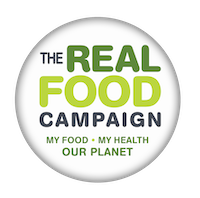
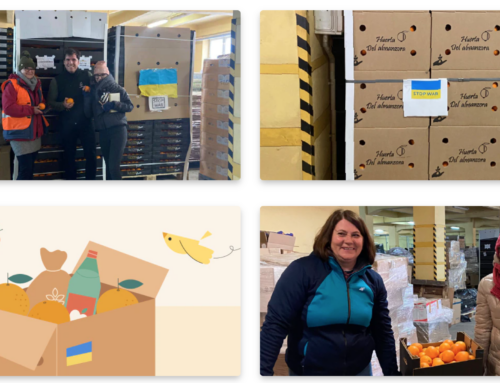
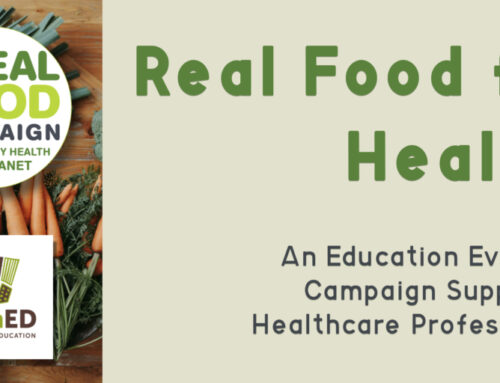

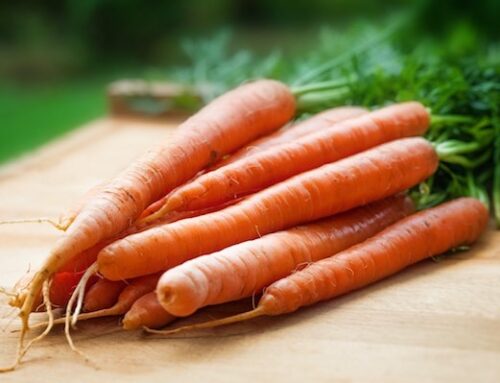
Leave A Comment